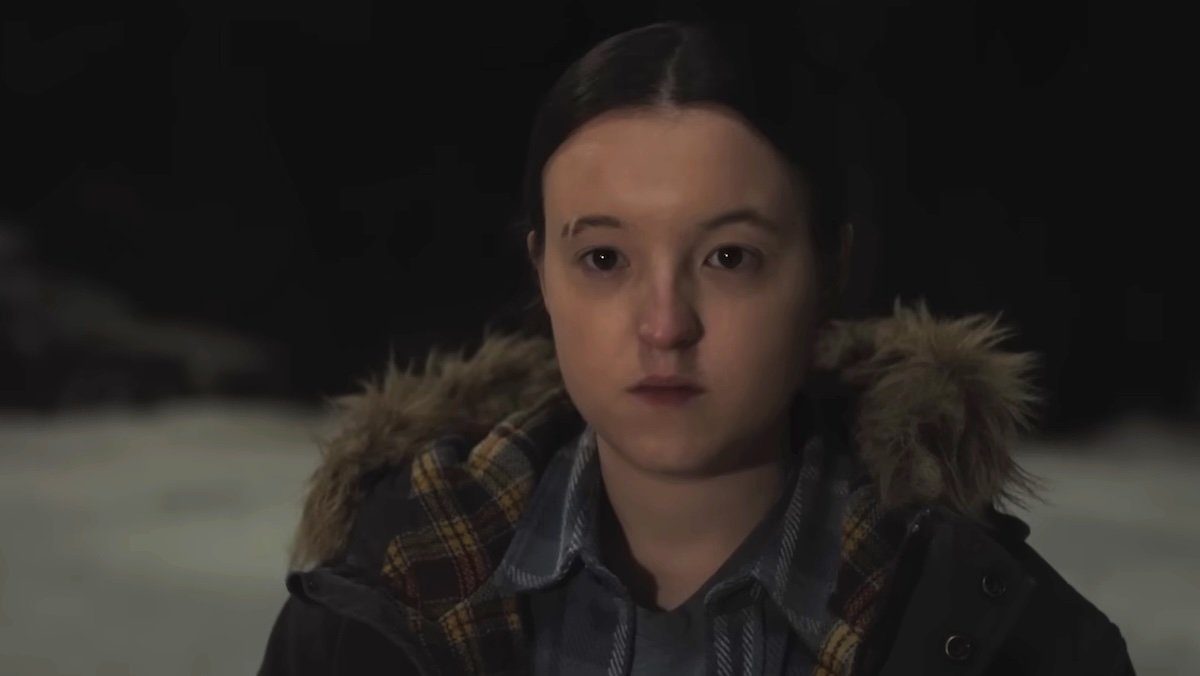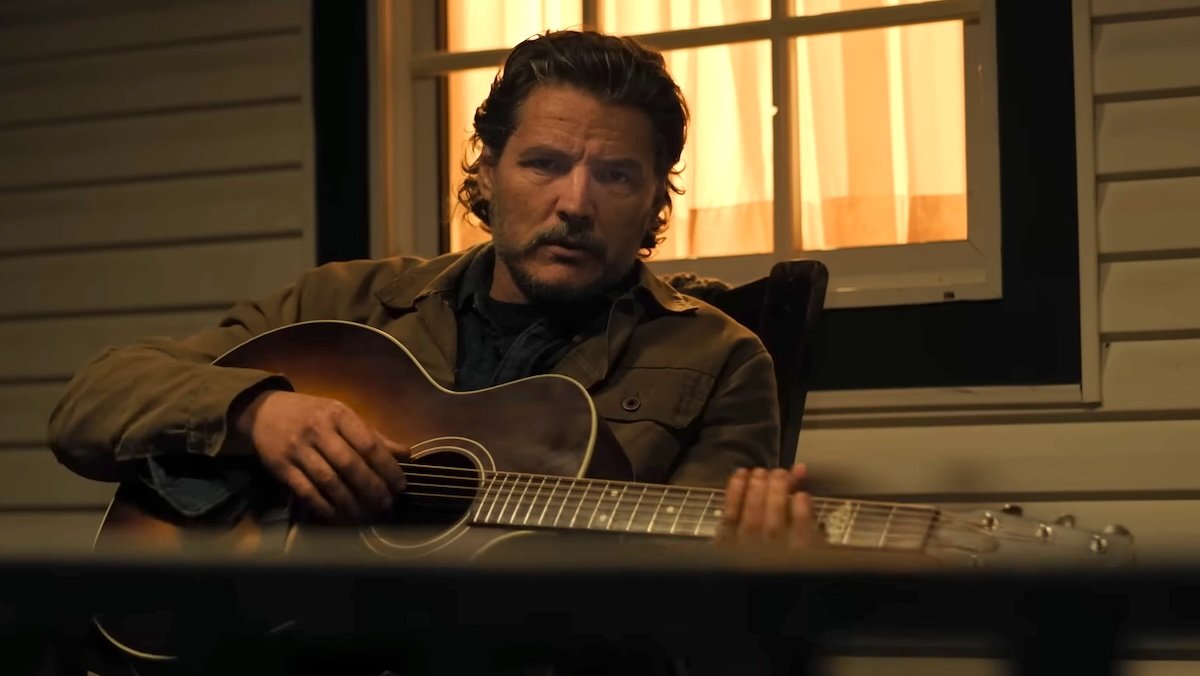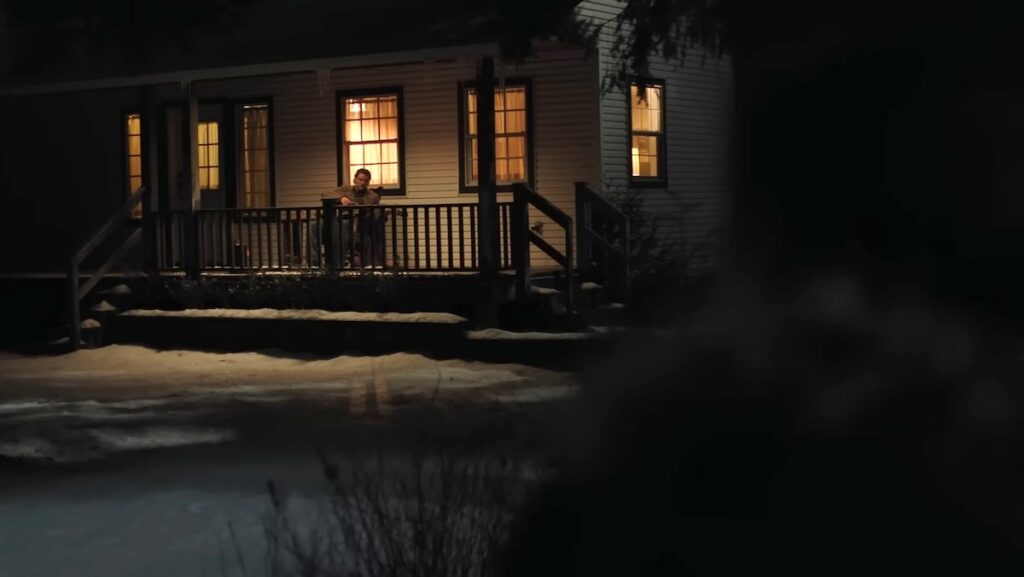It’s weird to say a TV series should have omitted a meaningful moment between its two main characters. It’s counterintuitive to suggest a show, which exists entirely to entertain, shouldn’t have included an incredibly moving scene featuring two great actors. And it’s an even stranger suggestion when that scene was adapted straight from the source material. And yet, that’s exactly what HBO’s The Last of Us should have done with Joel and Ellie’s final conversation on the porch. Not having that last interaction before Joel’s unexpected death would have been far more true to a story that’s powerful because it embraces authenticity. And ultimately, including it on The Last of Us feels like a mistake.
HBO’s The Last of Us made a few changes to how and when Ellie learned the truth about what really happened with the Fireflies in Salt Lake City. In the second video game, Ellie’s doubts over Joel’s story lead her to return to Salt Lake City to discover the truth. There, Ellie finds evidence Joel has been lying to her about many things, about what happened to her, how many immune people exist, and whether a cordyceps cure is possible. After Joel admits the truth in The Last of Us—Part II game, Ellie cuts him off. On HBO’s The Last of Us series, Ellie has her own doubts, but it’s the circumstances of Eugene’s death that cause their estrangement instead. On the TV show, it wasn’t until the night before his death that Joel told her what he really did in Salt Lake City.
While it included extra information, Joel and Ellie’s conversation on the porch in season two’s sixth episode came straight from The Last of Us Part II. That included how it’s shown out of chronological order. Neither players nor viewers saw that talk until long after they watched Joel die on The Last of Us. But just like in the The Last of Us video game, on the porch, Joel tells Ellie he would save her all over again before she tells him she’d like to eventually forgive him. In both versions, the conversation is…well…convenient. It’s the exact type of interaction you’d expect from a scripted drama. It’s the type of highly emotional moment of catharsis you would write because you were killing off one of those characters the very next day.
Which is exactly why HBO’s The Last of Us shouldn’t have done it.

The Last of Us show is telling a story that has always thrived, in both mediums, because of authenticity. It might be a world full of fungal and human monsters alike, but the people surviving in that dystopia feel real. They’re flawed. They make mistakes that hurt people. And sometimes those people die without getting a chance to say goodbye. This episode of The Last of Us did exactly that with a dying Eugene. He begged to see his wife one final time. But Joel knew that was reckless. He’s a character on a horror series, but he doesn’t exist in one, where everyone acts like an idiot. He acted with prudence to keep others safe, even though it meant doing something awful. Eugene’s death and the fallout from it worked so well on The Last of Us and for the viewers because it felt all too painfully real.
The same can’t be said for Ellie and Joel’s talk on the porch in The Last of Us season two, episode six. Not having that final, cathartic conversation between them would have more true to life than what actually happened. Everyone who has ever lost a loved one without warning carries regrets after for the things forever left unsaid. Every unspoken “I love you,” “I’m proud of you,” and “I’m sorry” lingers like an infection that slowly eats away at us. And yet they also teach us something important, that tomorrow isn’t promised to any of us or the people we care about. It reminds us we shouldn’t wait to say what we should/need to say right now because we might never get that chance again.

Not giving Joel and Ellie that moment would have been brave piece of storytelling from The Last of Us (which makes giving it feel like a mistake). It would have been brave the way killing off Joel was both in the game and on the show. It’s why Joel’s execution of Eugene, a subplot developed entirely for HBO’s series, was so evocative. It felt authentic to both this world and our own. It felt like The Last of Us.
To its credit, despite feeling too narratively convenient, the scene is still really good in both mediums. It’s a testament to the nature of drama itself, which can provide the kind of pathos real life is so fond of robbing us of. But HBO’s version was even more frustrating because the show made us believe it wasn’t going to happen. In season two’s premiere, Ellie walked away from Joel that night.
Seeing her ignore him added to the emotional weight of what happened the very next day on The Last of Us. She didn’t talk to him, and she’d never again get the chance. Instead, that was a fake out that played with our emotions so the show could have it both ways. We’d feel Ellie’s regret when Joel died, but then still get the big final, emotional scene between them later. It was pure melodrama in a story that works because it avoids melodrama.
On an obvious level, it is weird to say a great dramatic scene with great actors having a great final moment was a mistake to include in a scripted drama. But The Last of Us is great because it always feels all too real. A final goodbye right before an unexpected death certainly didn’t.
Mikey Walsh is a staff writer at Nerdist. Despite being right about this he thought Pedro Pascal and Bella Ramsery were incredible on that porch. You can follow him on Bluesky at @burgermike. And also anywhere someone is ranking the Targaryen kings.
Content shared from nerdist.com.

